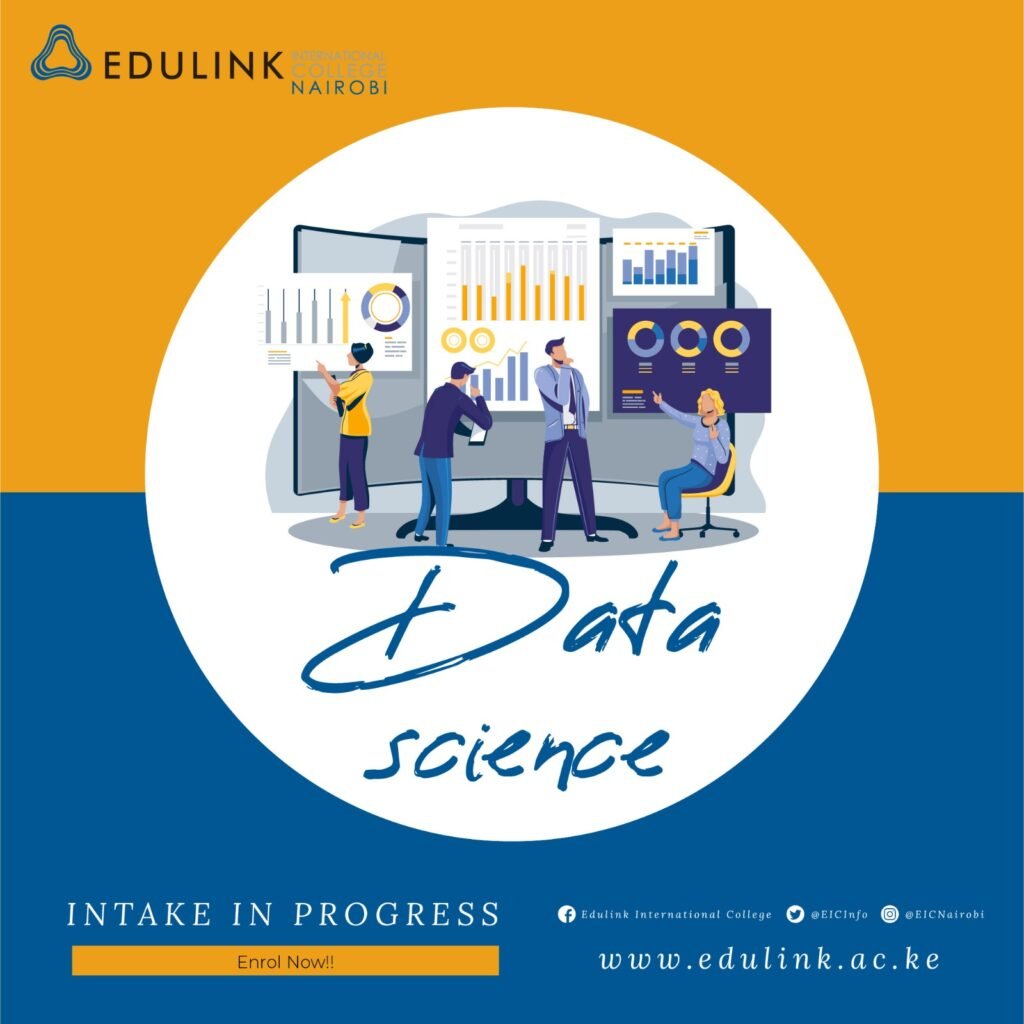
Data Science the Future
Data Science
Data Science has been rapidly gaining prominence in recent years as one of the most promising career paths of the future. With the exponential growth of data in all sectors, the demand for skilled data scientists has surged, and this trend is expected to continue in the coming years. In this post, we will explore the reasons why data science is the future, the skills required to excel in this field, and the opportunities it presents.
Why is Data Science the Future?
Data is everywhere, and it’s growing at an unprecedented rate. According to IBM, 2.5 quintillion bytes of data are created every day, and this number is expected to increase exponentially in the coming years. With such a massive amount of data being generated, companies need to find ways to analyze and interpret this data to gain insights that can drive their business decisions.
Data science provides the tools and techniques to do just that. By applying statistical and computational methods to vast amounts of data, data scientists can uncover patterns and trends that would be impossible to identify manually. This can help companies make more informed decisions, optimize their processes, and ultimately increase their bottom line.
Moreover, data science is a highly interdisciplinary field that draws on expertise from diverse fields, including computer science, statistics, mathematics, and domain-specific knowledge. This makes data science an exciting and challenging field that requires a broad range of skills and knowledge.
Skills Required for Data Science
To excel in data science, one needs to have a strong foundation in mathematics, statistics, and computer science. In addition to these technical skills, one also needs to have strong business acumen, excellent communication skills, and the ability to work collaboratively with cross-functional teams.
Here are some of the essential skills required to become a successful data scientist:
- Mathematics: Data science is rooted in mathematics, so it’s essential to have a good understanding of topics such as linear algebra, calculus, and probability theory.
- Statistics: Statistics is the backbone of data science, and one needs to have a good understanding of statistical concepts such as hypothesis testing, regression analysis, and Bayesian inference.
- Programming: Data scientists need to be proficient in programming languages such as Python, R, and SQL to manipulate and analyze data.
- Data Visualization: Data visualization is critical in data science, and data scientists need to be able to create compelling visualizations that effectively communicate insights to stakeholders.
- Machine Learning: Machine learning is an integral part of data science, and data scientists need to have a good understanding of machine learning algorithms such as linear regression, decision trees, and neural networks.
Opportunities in Data Science
Data science presents numerous opportunities for career growth and advancement. Here are some of the most promising career paths in data science:
- Data Scientist: A data scientist is responsible for analyzing data, building models, and communicating insights to stakeholders. Data scientists work in a wide range of industries, including finance, healthcare, and retail.
- Data Analyst: A data analyst is responsible for collecting, cleaning, and analyzing data to gain insights that drive business decisions. Data analysts work in a wide range of industries and often collaborate with data scientists.
- Machine Learning Engineer: A machine learning engineer is responsible for building and deploying machine learning models to solve complex business problems. Machine learning engineers work in industries such as healthcare, finance, and e-commerce.
- Business Intelligence Analyst: A business intelligence analyst is responsible for analyzing business data to identify trends and insights that drive business decisions. Business intelligence analysts work in industries such as finance, healthcare, and retail.
- Data Engineer: A data engineer is responsible for designing and building data pipelines that collect and store data for analysis. Data engineers work in industries such as finance, healthcare, and e-commerce.
Conclusion
Data science is the future, and it presents numerous opportunities.
To Learn and become an expert in Data Science apply now:- https://edulink.ac.ke/apply-now/




